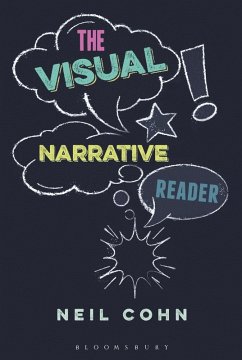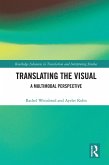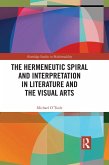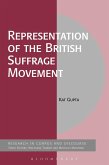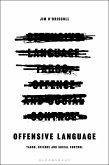Sequential images are as natural at conveying narratives as verbal language, and have appeared throughout human history, from cave paintings and tapestries right through to modern comics. Contemporary research on this visual language of sequential images has been scattered across several fields: linguistics, psychology, anthropology, art education, comics studies, and others. Only recently has this disparate research begun to be incorporated into a coherent understanding.
In The Visual Narrative Reader, Neil Cohn collects chapters that cross these disciplinary divides from many of the foremost international researchers who explore fundamental questions about visual narratives.
How does the style of images impact their understanding?
How are metaphors and complex meanings conveyed by images?
How is meaning understood across sequential images?
How do children produce and comprehend sequential images?
Are visual narratives beneficial for education and literacy?
Do visual narrative systems differ across cultures and historical time periods?
This book provides a foundation of research for readers to engage in these fundamental questions and explore the most vital thinking about visual narrative. It collects important papers and introduces review chapters summarizing the literature on specific approaches to understanding visual narratives. The result is a comprehensive "reader" that can be used as a coursebook, a researcher resource and a broad overview of fascinating topics suitable for anyone interested in the growing field of the visual language of comics and visual narratives.
In The Visual Narrative Reader, Neil Cohn collects chapters that cross these disciplinary divides from many of the foremost international researchers who explore fundamental questions about visual narratives.
How does the style of images impact their understanding?
How are metaphors and complex meanings conveyed by images?
How is meaning understood across sequential images?
How do children produce and comprehend sequential images?
Are visual narratives beneficial for education and literacy?
Do visual narrative systems differ across cultures and historical time periods?
This book provides a foundation of research for readers to engage in these fundamental questions and explore the most vital thinking about visual narrative. It collects important papers and introduces review chapters summarizing the literature on specific approaches to understanding visual narratives. The result is a comprehensive "reader" that can be used as a coursebook, a researcher resource and a broad overview of fascinating topics suitable for anyone interested in the growing field of the visual language of comics and visual narratives.

